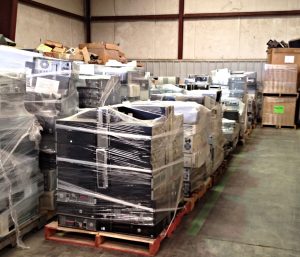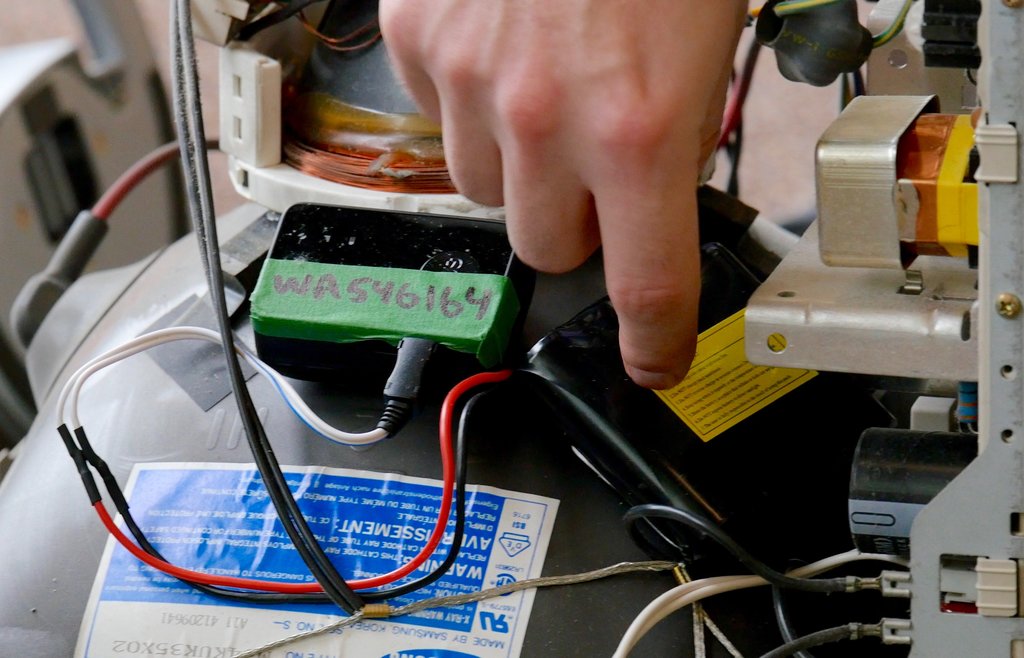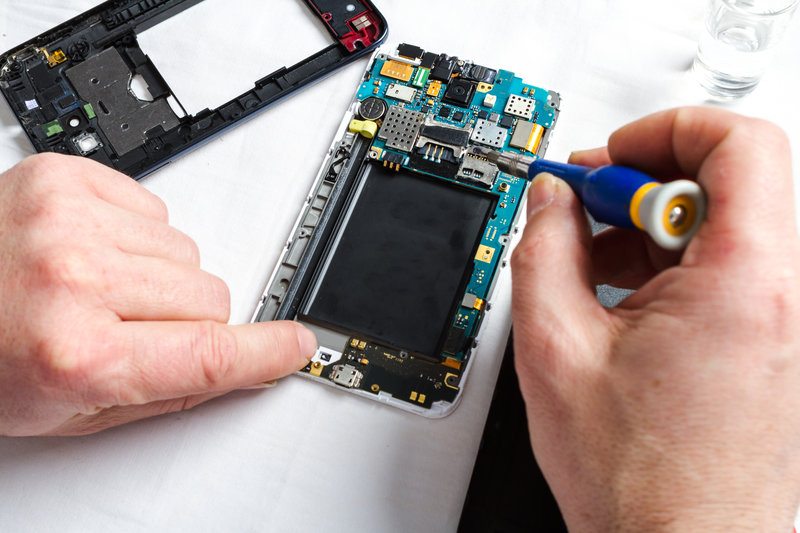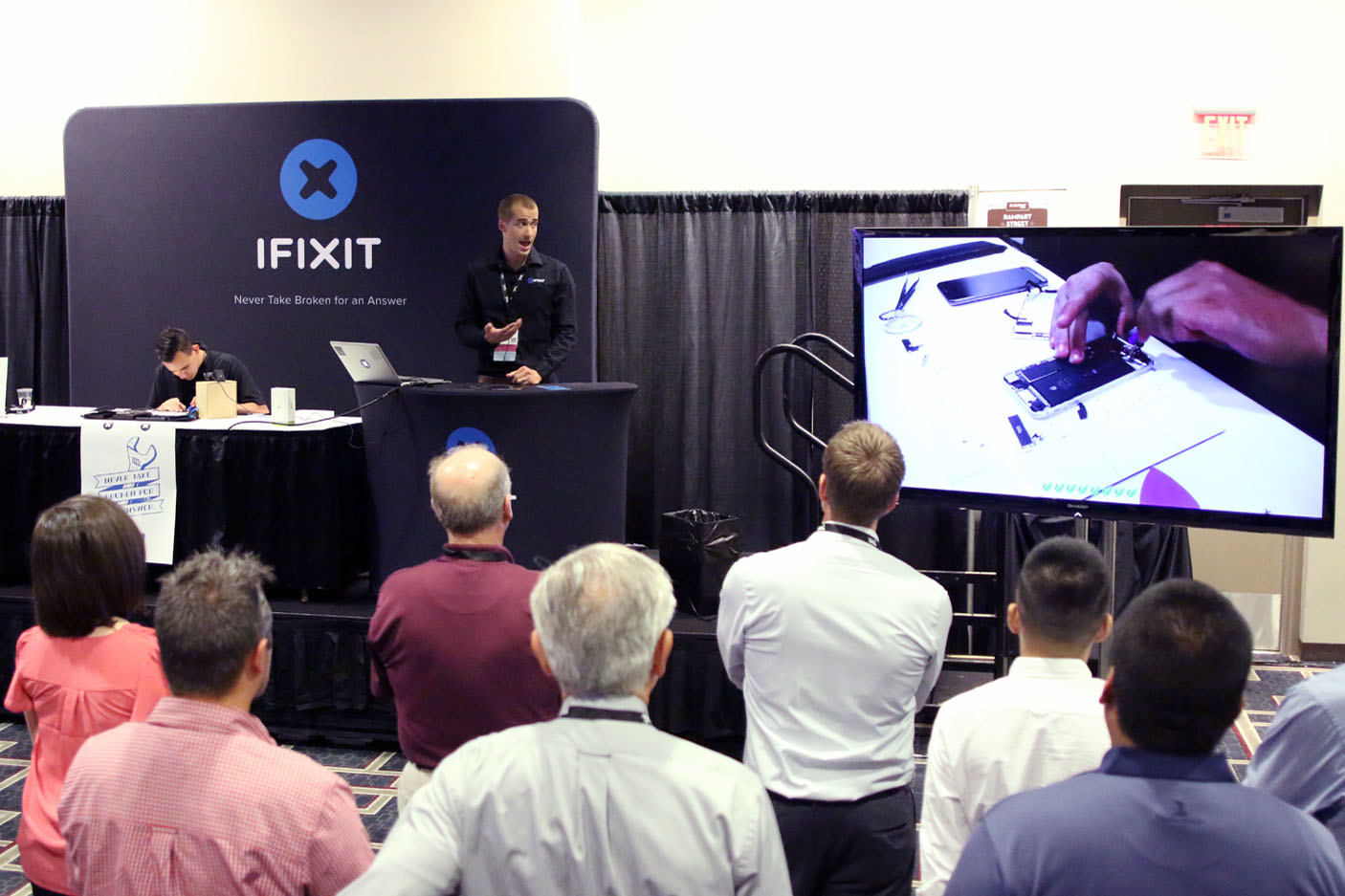 Recycling organizations will try to sell Congress on the economic and environmental benefits of the U.S. EPA’s Waste Minimization and Recycling program, which is cut in President Trump’s proposed budget.
Recycling organizations will try to sell Congress on the economic and environmental benefits of the U.S. EPA’s Waste Minimization and Recycling program, which is cut in President Trump’s proposed budget.

 Recycling organizations will try to sell Congress on the economic and environmental benefits of the U.S. EPA’s Waste Minimization and Recycling program, which is cut in President Trump’s proposed budget.
Recycling organizations will try to sell Congress on the economic and environmental benefits of the U.S. EPA’s Waste Minimization and Recycling program, which is cut in President Trump’s proposed budget.
 Brands can’t use patent law to block the resale of their products, the U.S. Supreme Court ruled, a decision that has implications for the electronics reuse industry.
Brands can’t use patent law to block the resale of their products, the U.S. Supreme Court ruled, a decision that has implications for the electronics reuse industry.
 E-scrap facilities with R2 certification will face stricter audits beginning this year as auditors shift their focus to outcome rather than policy. Continue Reading
E-scrap facilities with R2 certification will face stricter audits beginning this year as auditors shift their focus to outcome rather than policy. Continue Reading
A relatively new organization calling itself the Coalition for American Electronics Recycling is urging Congress to pass the Responsible Electronics Recycling Act – and is specifically calling for restrictions on the export of electronic scrap to developing countries.
 The Basel Action Network has released a follow-up report to its e-scrap tracking study, detailing which firms handled material that was ultimately exported.
The Basel Action Network has released a follow-up report to its e-scrap tracking study, detailing which firms handled material that was ultimately exported.
 A bill advancing in the Washington state legislature blacklists e-scrap processors that twice violate state program rules. It also requires the disclosure of prices processors charge.
A bill advancing in the Washington state legislature blacklists e-scrap processors that twice violate state program rules. It also requires the disclosure of prices processors charge.
 A Basel Action Network project that followed the trail of broken devices didn’t just lead to a loss of certification for one company – it also prompted an entire state program to take action, recent analysis shows.
A Basel Action Network project that followed the trail of broken devices didn’t just lead to a loss of certification for one company – it also prompted an entire state program to take action, recent analysis shows.
In a resounding victory for electronics reuse advocates in the U.S., the Librarian of Congress has granted individuals and companies alike the right to unlock used phones and tablets for the next three years.
 A recent survey from Greenpeace found more than half of respondents would be OK upgrading to new cellphone models less frequently. Continue Reading
A recent survey from Greenpeace found more than half of respondents would be OK upgrading to new cellphone models less frequently. Continue Reading
 The repair site iFixit has offered kudos to Apple’s newest phone for ease of battery access and criticism for the addition of tri-point screws.
The repair site iFixit has offered kudos to Apple’s newest phone for ease of battery access and criticism for the addition of tri-point screws.
